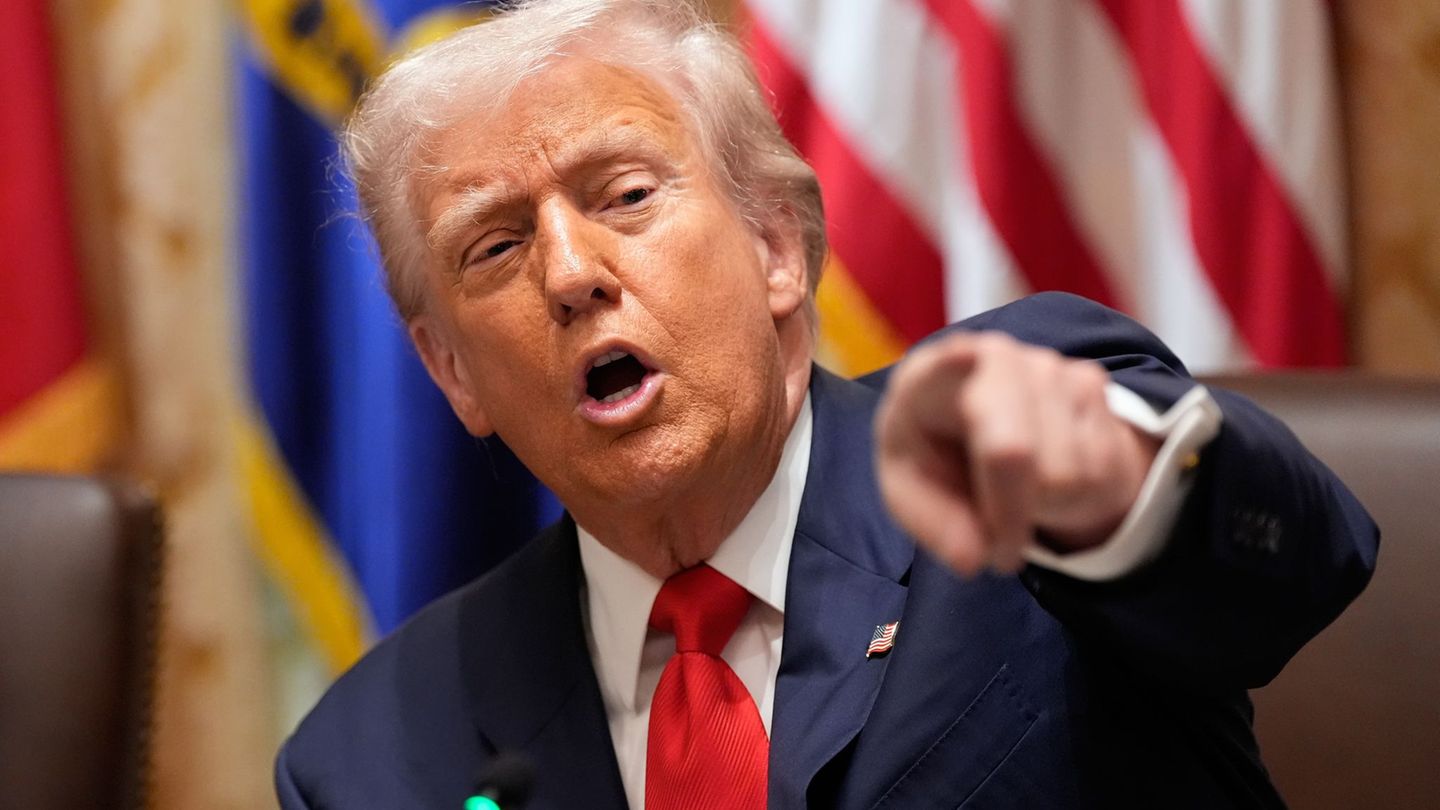Lower taxes on energy, a moratorium on bureaucracy, a return to nuclear power: the CDU leader is in favor of this – and also criticizes the federal government’s asylum policy.
CDU party leader Friedrich Merz, unlike Chancellor Olaf Scholz (SPD), assesses Germany’s economic prospects as bleak. “Unfortunately, 2023 will be a year of recession,” said Merz of “Bild am Sonntag”. “Germany is the only large industrialized country in the world that is shrinking. If the insane amount of bureaucracy isn’t stopped soon, if energy prices don’t fall quickly, then 2024 won’t be a good year either.”
Scholz had recently emphasized that Germany should not be badmouthed as a business location: “Our country still has good economic prospects.” Because Germany is so successful in exports, it feels a weakening of the global economy particularly strongly.
Merz spoke out in favor of lower taxes and duties on energy, a return to nuclear power and a moratorium on bureaucracy. “Not a single new law should trigger additional bureaucracy,” he told the newspaper. “That means, for example: We would stop the heating law. In this form, it is not only technologically flawed, but also sets a huge new bureaucracy in motion.”
Skepticism about industrial electricity prices
However, Merz refused to subsidize electricity prices for certain industries. “We think it’s wrong to only lower electricity prices for large-scale industry and leave small and medium-sized businesses out in the rain. Relief is needed here for everyone, for energy-intensive industry as well as for small and medium-sized businesses, from handicrafts to bakeries.”
Scholz is also skeptical about an industrial electricity price – but it is supported by large parts of his party and the Greens.
Merz repeated his criticism of the federal government’s asylum policy. “In addition to the war refugees from Ukraine, we have already received more than 175,000 asylum applications this year. Extrapolated for the year, we would then have 300,000 refugees. That is too many. Germany is not prepared for immigration of this magnitude – including in our social systems. ” He therefore advocates expanding controls at all German external borders and increasing the number of safe countries of origin to which asylum seekers can be immediately deported.
Source: Stern
I have been working in the news industry for over 6 years, first as a reporter and now as an editor. I have covered politics extensively, and my work has appeared in major newspapers and online news outlets around the world. In addition to my writing, I also contribute regularly to 24 Hours World.




